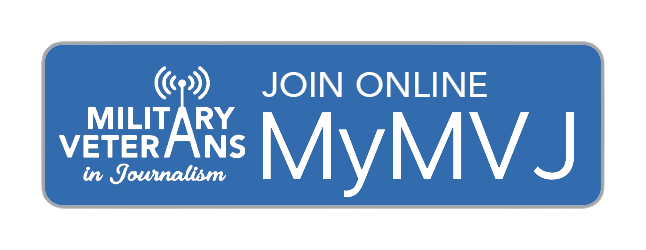By Zack Baddorf
It can be overwhelming starting in the journalism field. There are countless news outlets (leaning left, right and everywhere in between) filled with an array of positions (editor, assistant producer, videographer, print reporter, etc) reporting on a whole range of subjects (from science to interior design).
Specializing, or building an expertise in a singular coverage subject or technical skill, can help you find direction in your career.
One way to find your specialization is to follow your passion. Like some other military veterans who work in journalism, I’m naturally drawn to stories related to conflict and post-conflict. After finishing my military service, I freelanced around the world for a few years, reporting mostly on stories of humanitarian crisis, development, and conflict from places like Syria, Cambodia and Venezuela.
Even that level of specialty is really too broad. The smarter career move for me would have been to settle down in one of these places for a year or two and really dig in. Only later in my career did I live and work in places like South Sudan, Afghanistan and Central African Republic for about a year each. I became known to editors around the world and it was normal for the BBC to call me up for analysis.
That’s the key: Become an expert. Become someone whose reporting is valued and recognized as trustworthy.
You don’t have to fly off to a war zone to find your speciality. Perhaps you’re really into emerging technology: Go to Silicon Valley and start filing stories about tech startups. . Work on building two types of contacts – insiders who do work in the specialized beat you’re covering, and editors who can publish your stories or hire you to their staffs. With time, dedication, and solid reporting, you’ll eventually find your place in the industry. You will become known and people will come to you with stories and leads.
Importantly, you should be reading. A lot. Find articles and outlets where you’d want to be published. If you find yourself reading a story and wish you had been the one to write it, find out how that reporter got to their current gig. Knowing their path makes it easier to find your own. It’s critical, especially as a freelancer, to visualize where you want your work to end up and then doggedly pursue the gatekeepers to get your best work published.
That’s not to say you can’t shift your focus later in your career. It happens all the time. In the beginning, at a local outlet, you might be a generalist covering everything from political dog and pony shows to literal pony shows. Consider applying for fellowships after you’ve established a track record and have a solid portfolio showing you can hammer out strong reporting.
Ultimately, to find your specialty, you need to follow what interests you and dive deep.
—
Zack Baddorf is the executive director of Military Veterans in Journalism. He’s an award-winning journalist and filmmaker with reporting experience in more than 40 countries. His work has been published in the New York Times, Washington Post, AP and elsewhere.



